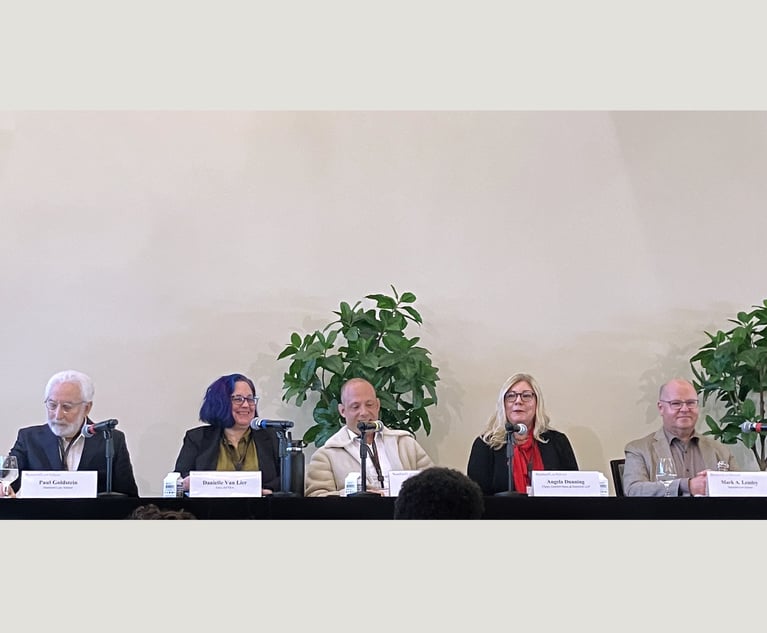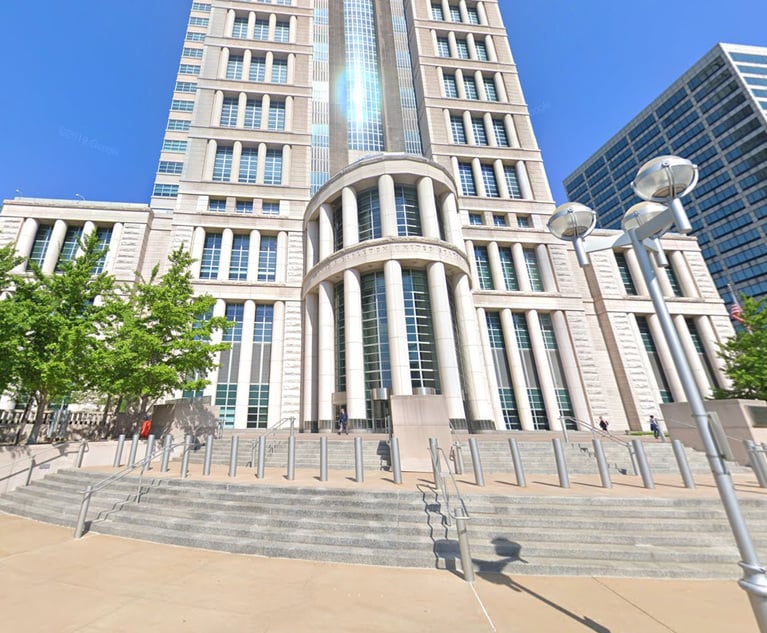The newest members of the Supreme Court continued to assert themselves in patent cases Tuesday, but it wasn’t clear whether their views will garner a majority in Return Mail v. U.S. Postal Service.
The question in Return Mail is whether the government is a “person” within the meaning of the America Invents Act (AIA), and can therefore attack the validity of patents in covered business method review proceedings at the U.S. Patent and Trademark Office.


 Supreme Court Justices Neil Gorsuch and Brett Kavanaugh.
Supreme Court Justices Neil Gorsuch and Brett Kavanaugh.






